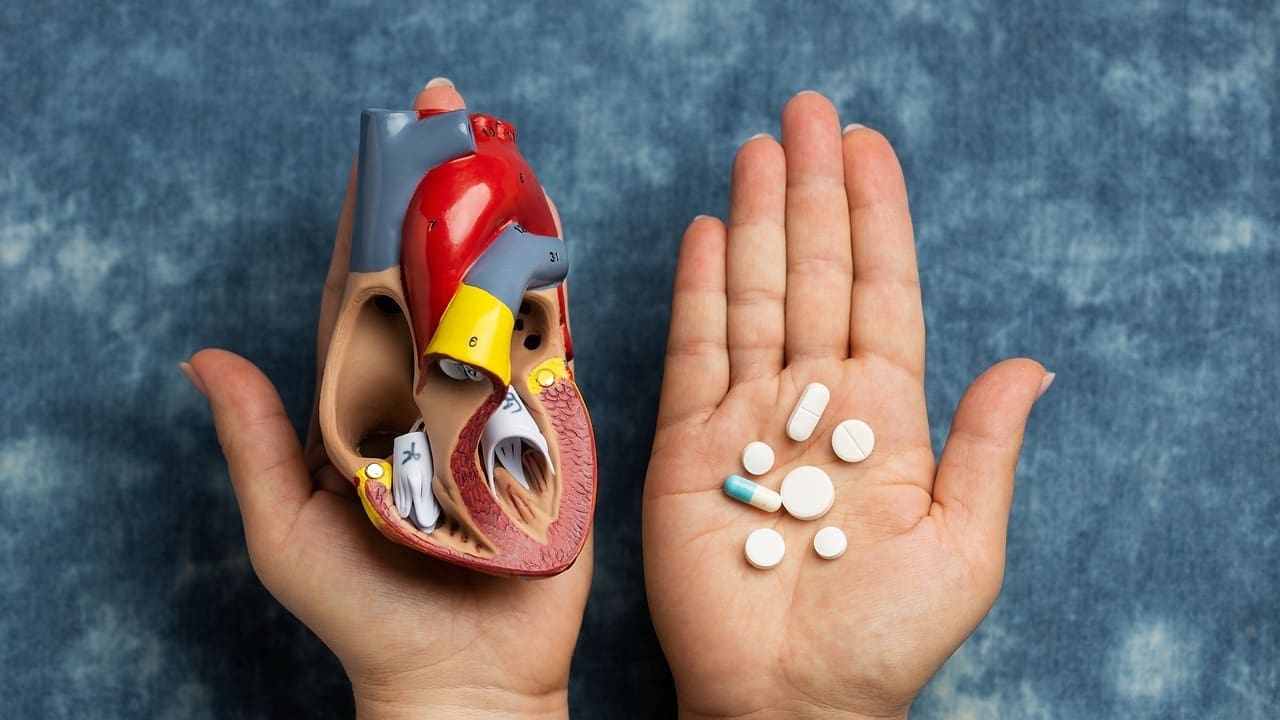Last Updated on November 27, 2025 by Bilal Hasdemir

Aortic valve stenosis is a serious heart condition that affects millions worldwide, mainly those over 65. It’s vital to manage this condition to ease symptoms and avoid complications.
Medical treatment plays a key role in bettering patient outcomes. At Liv Hospital, we take a patient-centered approach to offer full care. Our team works to manage heart failure symptoms and other health issues with effective medications.
The treatment for aortic stenosis includes various medications. These help manage symptoms and slow the disease’s progress. We aim to give top-notch healthcare, fully supporting our international patients.
Aortic valve stenosis happens when the aortic valve gets narrower. This blocks blood flow from the heart to the body. It makes the heart work harder, leading to symptoms like chest pain, fainting, and shortness of breath.
The narrowing of the aortic valve is often due to calcification or birth defects. As the valve gets narrower, the heart has to pump harder. This can cause the heart to thicken and may lead to heart failure if not treated. The disease can progress slowly, but symptoms mean the condition is serious and needs immediate treatment.
Aortic valve stenosis is common in older adults and gets more common with age. Some groups are at higher risk, like those with congenital heart defects or a history of rheumatic fever. Knowing these risks helps in early diagnosis and effective aortic stenosis management. It’s important to consider these factors when treating the condition.
Medical management is key in treating aortic valve stenosis. We use different medications to help manage symptoms and prevent complications. Aortic stenosis treatments often include ACE inhibitors, beta-blockers, and diuretics. These help alleviate symptoms and manage related health issues.
These medications ease the heart’s workload. Diuretics remove extra fluid, while beta-blockers slow the heart rate. ACE inhibitors relax blood vessels, making it easier for the heart to pump blood. These drugs are vital in managing the condition and improving patient outcomes.
Healthcare providers create personalized treatment plans based on the latest medical knowledge. Research into new treatments is ongoing. We aim to find better drugs for aortic stenosis to improve patient care and results.
Aortic valve stenosis is a serious heart condition. It happens when the aortic valve opening gets narrower. This can cause symptoms like chest pain, shortness of breath, and fainting.
Symptoms include chest pain, shortness of breath, and fainting. As the condition gets worse, these symptoms can get more severe.
Medical treatment is key in managing aortic valve stenosis. We use medicines to relieve symptoms and improve life quality.
We use many medicines to treat aortic valve stenosis. These help control symptoms and slow the disease. The right medicine depends on the patient.
Older adults and those with certain health issues are at higher risk. Knowing these risks helps us manage the condition better.
Medical management can’t cure aortic valve stenosis. But, it can manage symptoms and improve life quality. New research might bring new treatments.
Medical management is vital in treating aortic valve stenosis. We use medicines and create personalized plans to help patients manage symptoms and improve health.
Yes, new treatments are being researched. These could offer better outcomes and quality of life for patients.
Work closely with your healthcare provider to create a treatment plan. This plan will include medicines and lifestyle changes to manage your condition.
Ongoing research is key for new treatments. It helps us understand the condition better and find new medicines. This improves patient outcomes and quality of life.
Subscribe to our e-newsletter to stay informed about the latest innovations in the world of health and exclusive offers!